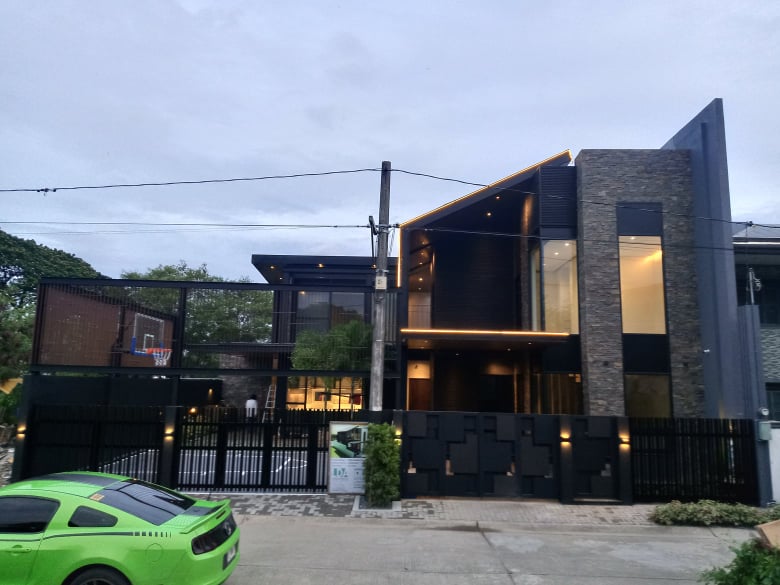
Residential Home Construction Standards Followed by KMLBCC
Residential construction plays a critical role in shaping communities and
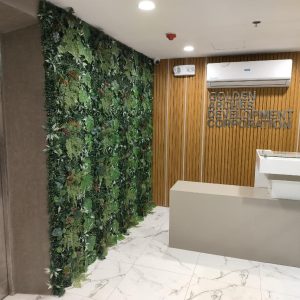
In today’s urban landscapes, the presence of green spaces is increasingly vital for both aesthetic appeal and environmental benefits. As cities grow denser, homeowners and businesses alike seek practical solutions to integrate greenery into limited spaces. One innovative approach gaining popularity is opting for artificial grass supplied by reputable artificial grass suppliers. This alternative not only enhances the visual appeal of spaces but also offers sustainable, cost-effective landscaping solutions.
Choosing artificial grass from a reliable artificial grass supplier brings a multitude of advantages. Firstly, it requires minimal maintenance compared to natural grass, eliminating the need for mowing, watering, and fertilizing. This low-maintenance characteristic not only saves time and effort but also reduces long-term costs associated with lawn care. Additionally, artificial grass is renowned for its durability, ensuring a lush green appearance year-round without the seasonal brown patches or wear and tear typical of natural lawns.
One of the significant benefits of artificial grass lies in its adaptability to various environments, especially urban settings where space is at a premium. Artificial grass supplier offer solutions tailored to fit small yards, rooftop gardens, and other constrained areas. This versatility enables homeowners and businesses to transform unused or underutilized spaces into vibrant green retreats, enhancing property value and quality of life in urban settings.
Despite initial investment costs, artificial grass proves highly cost-effective over its lifespan. Artificial grass suppliers emphasize the long-term financial benefits of their products, which require no ongoing expenses for fertilizers, pesticides, or extensive watering. This upfront investment translates into significant savings on water bills and maintenance expenses, making artificial grass a financially savvy choice for environmentally conscious consumers.
Beyond economic benefits, artificial grass contributes to environmental sustainability by conserving water resources. Unlike natural grass, which demands substantial watering to maintain its lush appearance, artificial grass requires minimal to no irrigation. This conservation effort not only reduces water consumption but also diminishes the carbon footprint associated with lawn care practices. Furthermore, many artificial grass suppliers prioritize eco-friendly materials and recycling initiatives, ensuring minimal environmental impact throughout the product lifecycle.
Selecting the best artificial grass supplier involves considering several critical factors. Quality of materials, warranty coverage, and installation services are paramount in ensuring a satisfactory experience. Reputable suppliers offer comprehensive consultations and tailored solutions to meet specific landscaping needs, guiding customers through the selection process with expert advice and personalized service.
Opting for artificial grass from a reputable artificial grass supplier offers unparalleled benefits in accessibility, affordability, and sustainability. Whether enhancing a small urban garden or revitalizing a commercial space, artificial grass provides a viable solution for creating vibrant green environments with minimal upkeep. Explore the options offered by artificial grass suppliers to discover how these innovative landscaping solutions can transform your outdoor spaces into sustainable, visually appealing retreats.

Residential construction plays a critical role in shaping communities and

Church retreats provide an opportunity for spiritual reflection, fellowship, and

Tagaytay City has long been a top choice for couples
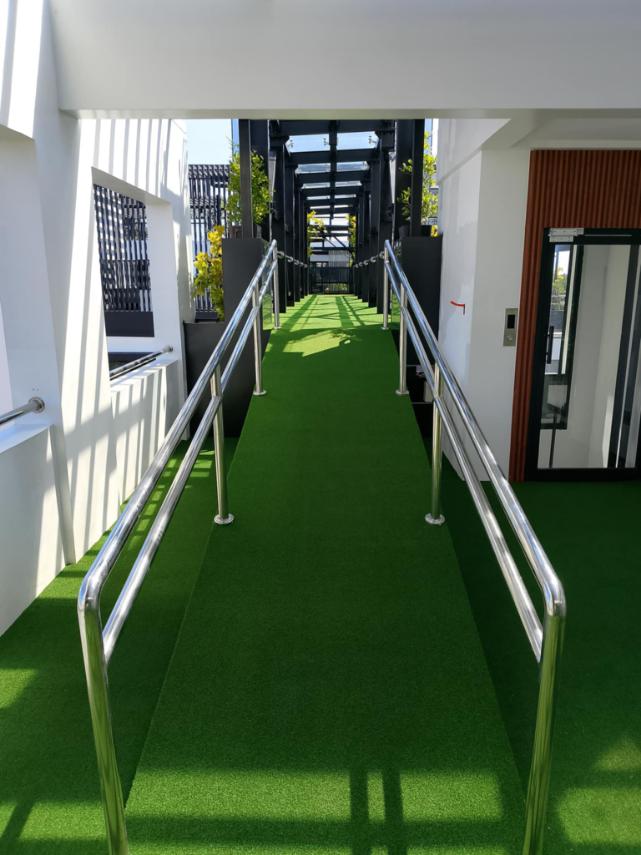
Creating a green, inviting environment in a bustling city like
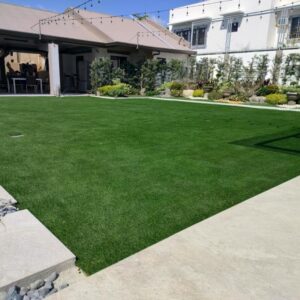
Maintaining a lush, green lawn in San Juan can be
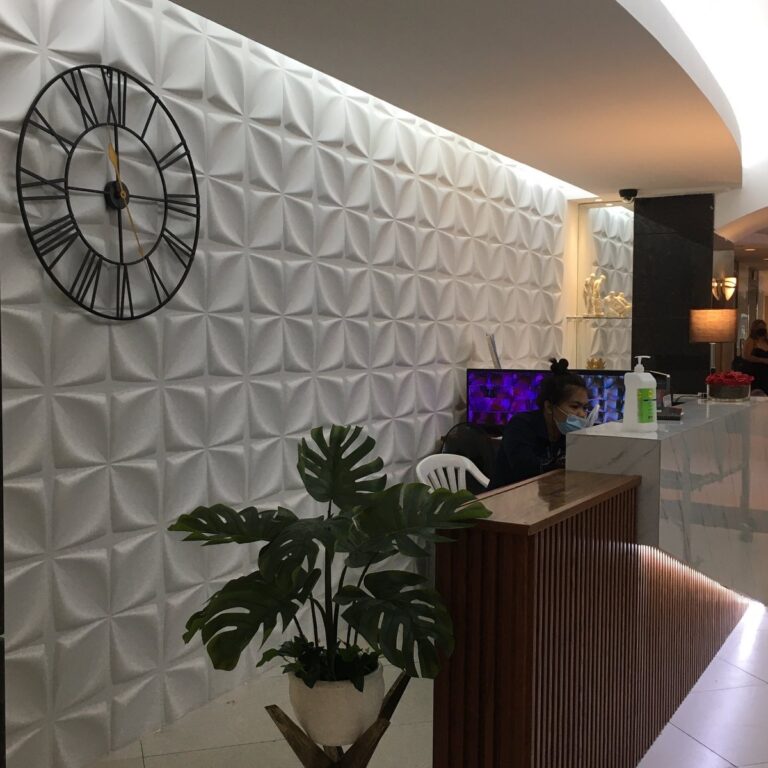
Walls are more than structural elements; they set the tone
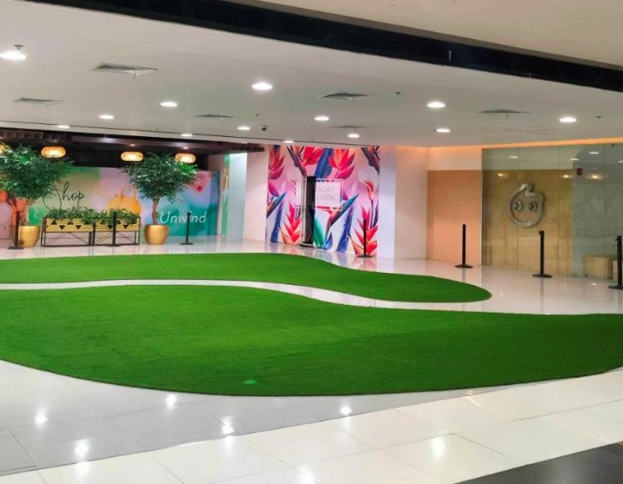
Urban living in Pasay presents unique challenges for landscaping. Limited
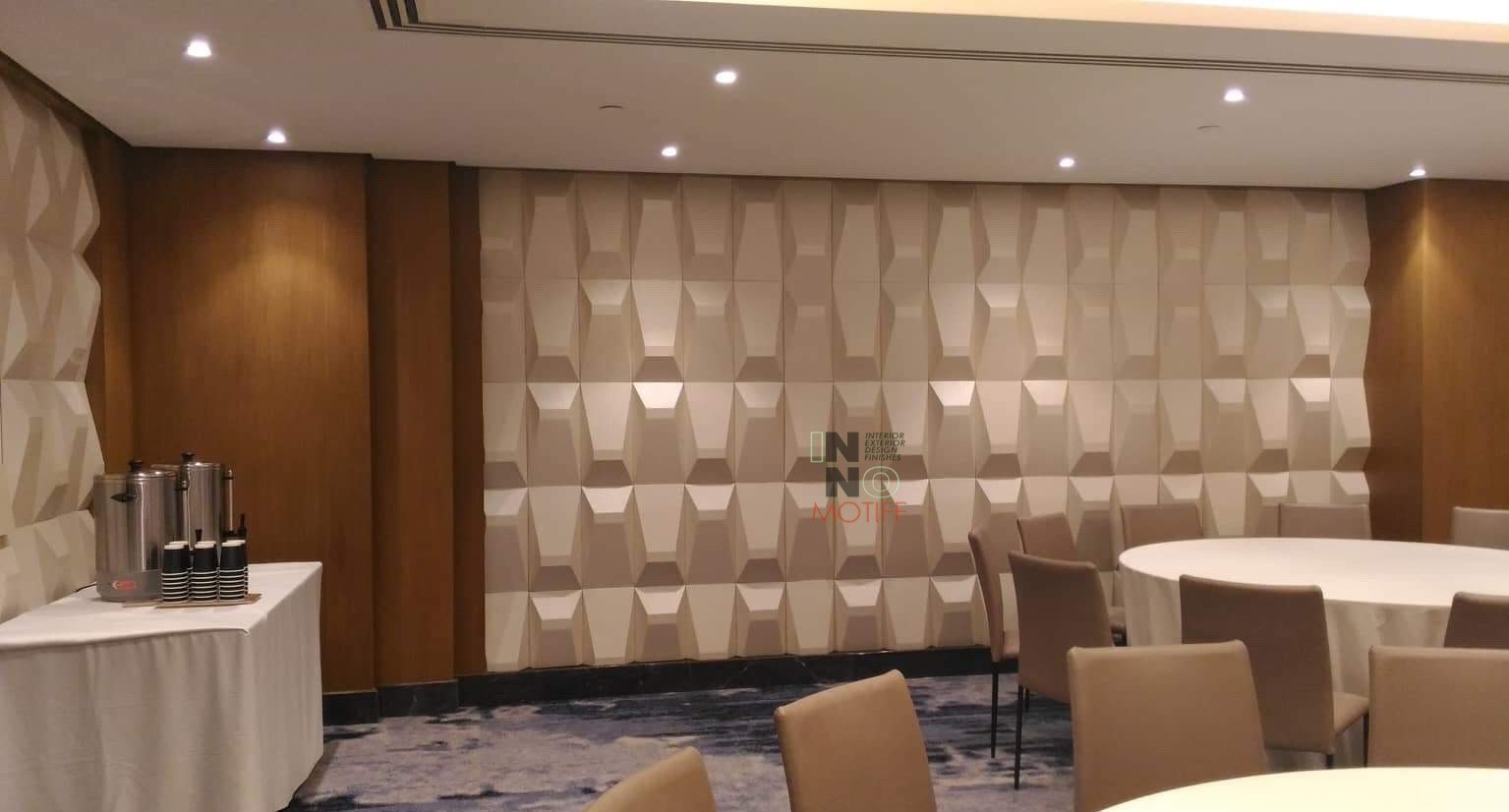
Modern interior design emphasizes creativity, functionality, and a sense of

Modern interior design trends in Mandaluyong emphasize creativity, texture, and
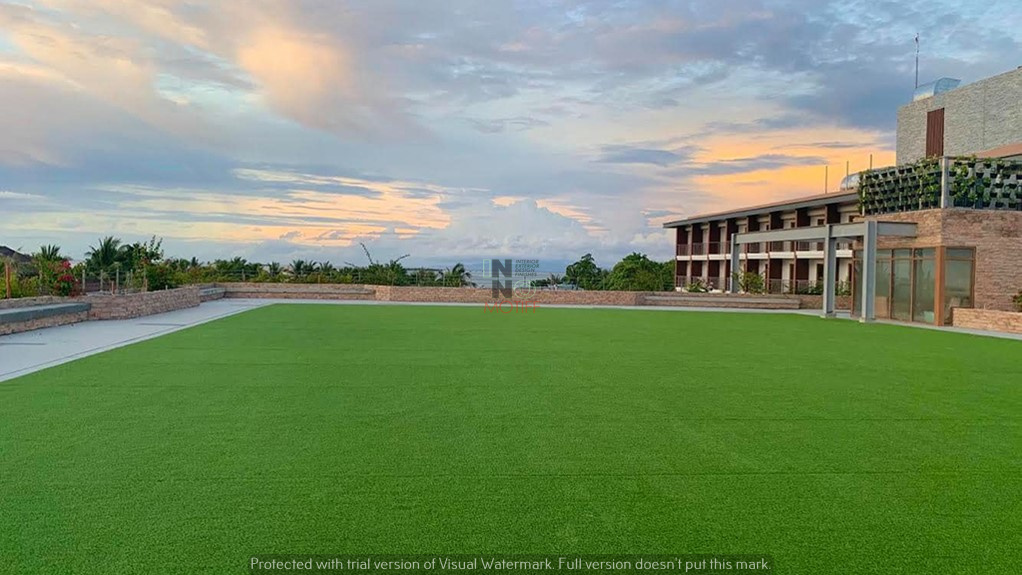
Maintaining a lush and vibrant lawn in Navotas can be